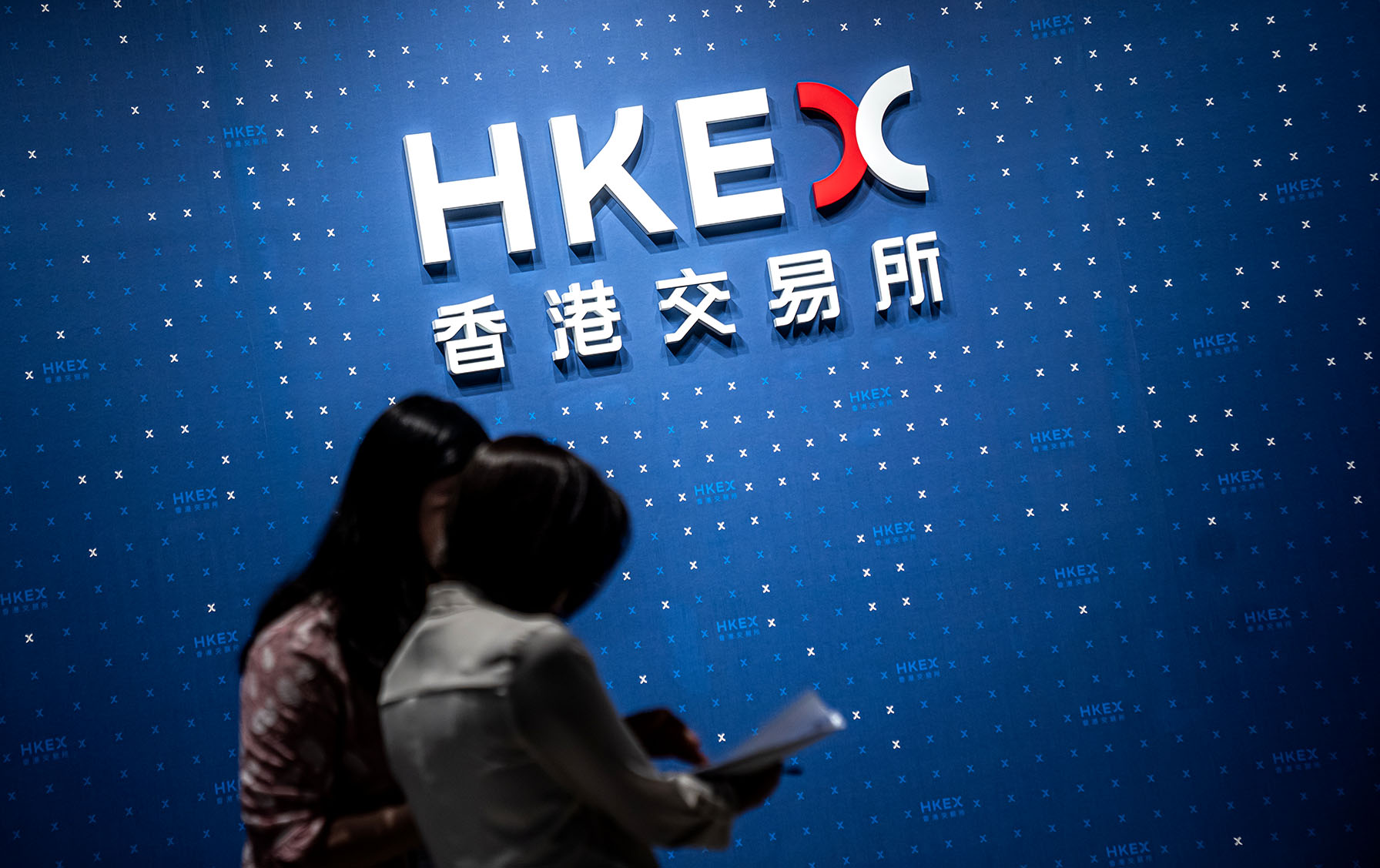Lots of South Africans, I would guess, assume that the phrase “my China”, as in “my friend” has a local derivation, but in fact, it’s Cockney rhyming slang.
The form derives from the native wit of the working-class community in the east end of London. It’s just a fun way of saying things to people in the know (some say to outwit authority and eavesdroppers) by using a word that rhymes with the word you mean and then inserting a related word in front and dropping the rhyme. So “he’s my China plate”, is the cockney slang alternative to “he’s my mate”, shortened to “my China.” Get it? Gotta use your loaf (of bread: head).
As it happens, China is very much the market’s mate, with the Shanghai Composite Index up almost 20% in the space of a week. The trigger is a whole range of government interventions to try to boost the economy.
These include lowering mortgage rates, boosting market liquidity and recapitalising banks. All very normal in the process of boosting economic growth around the world. But there are a range of measures that are not normal: supporting the stock markets by providing financial institutions with the cash to buy shares; offering a cash voucher system to boost spending of lower income groups; and decreasing required property down payments.
The exact amounts associated with these moves are not absolutely clear and perhaps that’s part of the point. But, very intentionally, they are all very dramatic and the announcements were sprung on the market in a coordinated fashion across government departments. Perhaps most dramatic was the suggestion that if this doesn’t work, there is a possibility of round two and round three.
‘Draghi moment’
Those comments made it seem as if this might be China’s “Mario Draghi moment”, harkening to when Draghi, then the president of the European Central Bank, said that he would be prepared to do “whatever it takes” to prevent the euro from failing. Countries around the world have been encouraging the Chinese to take Keynesian measures to boost the economy, which to a certain extent the Chinese authorities have been doing. But not enough, because even after the bounce this past week, Chinese stocks are generally still 50% down from their 2021 high. The rest of the world, SA included, have long ago caught up with their highest points.
In the Western media, the announcements have been greeted with what might be described as “encouraging scepticism”. The scepticism derives, I suspect, from the notion that these moves are form not content; China has no real history of successful Keynesian stimulation measures, and there have been few specific numerical undertakings, so it’s difficult to get a sense of how these measures might compare with the Covid-era economic boosts.
I find getting a sense of the Chinese economy very difficult; it’s never easy judging a country (including your own). Because the Chinese media is so heavily censored and the Chinese Communist Party is such an enigmatic administrator, these layers added on top of the language differences and all the usual complications, make it that much harder. What we do know is that the Chinese state can act very deliberately when it wants to.
To get a better understanding I spoke last week to Tian Pan, Head of Strategy & Product at Prescient China, which is part of the international asset management and investment group that has a very substantial business in SA. Pan, who is South African with Chinese origins, is based in Shanghai and has a very different perspective from the kind we typically get from the Western media.
Pan is positive about the government’s efforts, although he does acknowledge that we are not absolutely clear numerically how big this stimulus will be. But he is absolutely in the “Draghi moment” camp.
Policy shift
Marko Papic of BCA Research also described this as Beijing’s “whatever it takes” moment because China has reached the point often seen in real estate and market crises where policymakers realise that austerity won’t work to lift them out of the trap and they lose their squeamishness about being seen to bail people out.
In his column this week, Bloomberg opinion columnist John Authers quoted Papic along these lines, saying “Effectively, Beijing has reached a point where the policy focus shifts from guarding against moral hazard to guarding against political risks.”
One of the ironies of government action like this is that the companies which have responded with the most alacrity are the luxury goods companies and of course, SA investors in Richemont will like that. Pan says that when he arrived in Shanghai in 2021, there were queues outside the stores of Richemont’s brands in city malls. Nobody is expecting things to go back to that level of consumption, but there is no doubt the appeal of luxury goods in China has been phenomenal.
Confidence is the crucial issue here, Pan says, since most indicators that Westerners reference show that both consumer and business confidence are in negative territory and so are a little behind the times. “Even though this year we’ve seen a clear recovery on the ground in terms of consumer sentiment and the economy, it’s probably still not where we were pre-Covid”.
Some of this is just relative; if you have been living in a context where 6%-per-year growth was considered normal, 3% growth – which is what China was delivering earlier this year – is considered weak. Objectively, he says it’s too early to say whether the stimulus measures will be enough, but “it does demonstrate government urgency and seriousness in supporting market confidence, both into the financial markets and in terms of reviving the consumer’s confidence. So that’s probably what was quite special this week”.
Authers comments that there are “enough ironies in the situation to sink the Titanic”: World markets on a diktat from the Politburo of the world’s largest communist state; European makers of jewellery and over-expensive handbags benefiting more from those communists than anyone else; and the capital establishment now excited because the communists look as though they’re going to get serious about Keynesianism and a welfare state.
Previously these groups didn’t think any of this was a good idea. “But it’s where we are.” DM




 Signage at the Hong Kong Stock Exchange. (Photo: Lam Yik / Bloomberg via Getty Images)
Signage at the Hong Kong Stock Exchange. (Photo: Lam Yik / Bloomberg via Getty Images) 